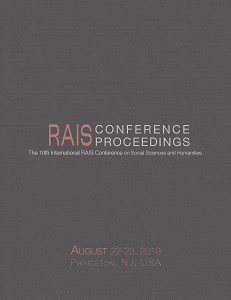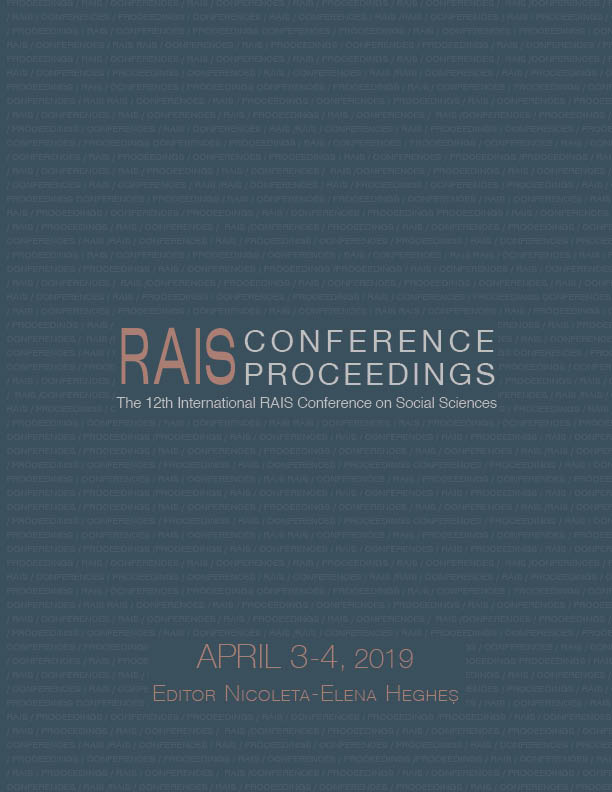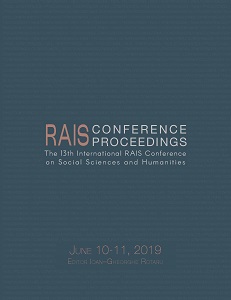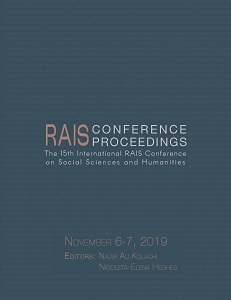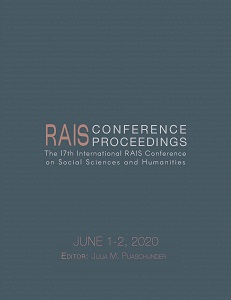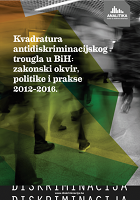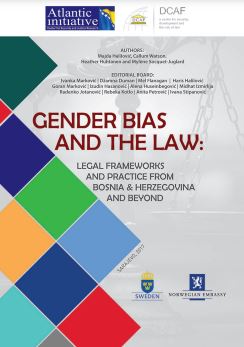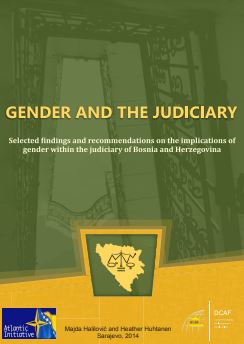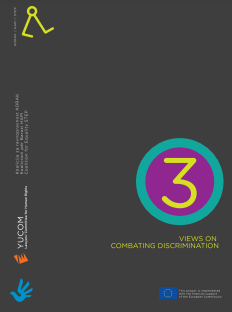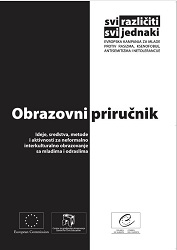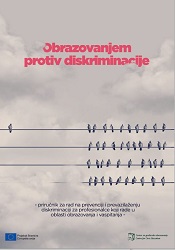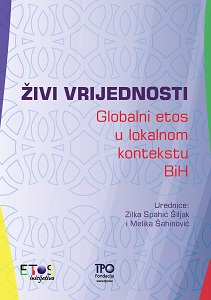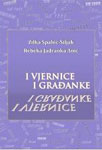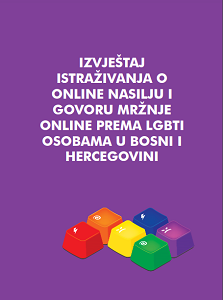Author(s): Mario Reljanović,Edin Hodžić,Midhat Izmirlija,Aida Malkić,Dženana Radončić / Language(s): Bosnian
Pravni mehanizam antidiskriminacijskog djelovanja u Bosni i Hercegovini postavljen je donošenjem osnovnog antidiskriminacijskog akta – Zakona o zabrani diskriminacije (u daljem tekstu: ZZD) 2009. godine. Sedam godina kasnije, čini se da postoje mnogi aspekti Zakona, a naročito njegove primjene, koji zavrjeđuju konstruktivnu kritiku, kako bi se sistem unaprijedio i osigurala kvalitetnija zaštita žrtava diskriminacije. “Kvadratura antidiskriminacijskog trougla u BiH: zakonski okvir, politike i prakse 2012–2016.” usmjeren je ka analizi tri ključna aspekta ostvarivanja prava na zaštitu od diskriminacije u BiH. Prvi dio ovog Izvještaja posvećen je sudskoj zaštiti od diskriminacije i bavi se istraživanjem najznačajnijih pitanja u odnosu na pokretanje, vođenje i okončanje sudskih postupaka povodom diskriminacije, prije svega parničnog postupka. Parnica povodom diskriminacije lica zamišljena je uz značajne posebnosti u odnosu na opću parnicu. Praksa primjene ZZD-a, međutim, dovodi do zaključka da je njihova osnovna svrha poboljšati procesni položaj tužioca – žrtve diskriminacije, često faktički nedostižna. Analitički pristup parnici otkriva veći broj nedostataka u normiranju i implementaciji propisa koji dovode do nepotpune zaštite žrtve, ili čak do situacija u kojima zaštita u potpunosti izostaje. Upravo ukazivanje na ove slabe tačke od naročitog je značaja za dalju evoluciju antidskriminacijskih normi i prakse u Bosni i Hercegovini. Institucija ombudsmena Bosne i Hercegovine je ZZD-om predviđena kao centralni organ za zaštitu od diskriminacije. Otuda je analiza rada ove institucije našla svoje mjesto u drugom dijelu Izvještaja, prije svega kroz traženje odgovora na pitanja kako ombudsmen vrši svoja ovlašćenja, na koje probleme nailazi i kako se njegov rad može unaprijediti tako da se u potpunosti realizira zakonski potencijal koji Institucija posjeduje u odnosu na zaštitu građana od diskriminacije. Značajno mjesto u analizi posvećeno je i pitanjima kulture odnosa s Institucijom ombudsmena i poštivanja preporuka koje donosi, kao i radu na prevenciji diskriminacije, značaju izvještavanja o problematici diskriminacije, te saradnji sa civilnim društvom. Konačno, da bi se diskriminacija kao specifična društvena pojava adekvatno proučavala, kao i da bi se razvili efikasniji mehanizmi za njeno praćenje i razvoj politika u vezi s njenim suzbijanjem, potrebno je voditi zvanične evidencije o slučajevima diskriminacije. Praćenje i dokumentiranje slučajeva diskriminacije jedno je od ključnih pitanja kada je riječ o usmjeravanju napora da se diskriminacija u BiH smanji. Identifikacija pojedinih pojavnih oblika diskriminacije, kao i indikatora percepcije diskriminacije, značajni su sa stanovišta osnovnog oblikovanja politika reagiranja na diskriminaciju, kao i stereotipe i predrasude koje vode nejednakom postupanju i neopravdanom razlikovanju građana. Uočiti ranjive grupe u društvu najčešće nije teško. Reagirati adekvatno na okolnosti koje dovode do obrazovanja ranjivih i marginaliziranih grupa, značajno je teže. Dublja statistička analiza ukazuje ne samo na kvantitet određenih parametara – broj parnica, broj zabilježenih slučajeva, broj osuđujućih presuda – već i na kvalitet implementacije antidiskriminacijskog zakonodavstva i mogućnosti usmjeravanja daljeg normativnog razvoja, kao i na potrebu za preciznijim i revnosnijim nadzorom nad primjenom postojećih normi. Takva analiza može ukazati na slabe karike u sistemu sprovođenja, potrebe i mogućnosti edukacije i nužnost njegovih izmjena. Stoga je i pitanje statistike našlo svoje mjesto u ovom izvještaju, prije svega kao izraz težnje da se ukaže na poteškoće koje postoje u tom domenu, (ne)aktivnost pojedinih aktera i mogućnosti prihvatanja primjera dobre prakse i pozitivnih uporednih iskustava u BiH. Izvještaj zaključuju preporuke različitim akterima u BiH kako bi se unaprijedio pravni okvir za zaštitu od diskriminacije, te osigurala njegova dosljedna provedba. Metodologija istraživanja i širina pristupa temama koje predstavljaju centralne stubove, pa i centralne parametre ocjene uspješnosti primjene Zakona o zabrani diskriminacije, govore o obuhvatnosti realizacije ovog izvještaja. I ovaj tekst predstavlja izraz kontinuiranih aktivnosti Analitike – Centra za društvena istraživanja i njegovih saradnika, koji se kroz različite aktivnosti usmjeravaju na probleme koji nastaju u svakodnevnoj praksi primjene antidiskriminacijskog zakonodavstva. Uporednopravni metod, uz osvrt na praksu u regionu, kao i najvažnije međunarodne standarde i standarde Evropske unije, daju dodatnu dimenziju i kvalitet istraživanju i širu perspektivu čitaocu. Značajna pažnja posvećena je praksi primjene propisa, odnosno načinu implementiranja ili izostanka implementacije antidiskriminacijskih rješenja na terenu. Osim klasičnih izvora – pravnih propisa, sudskih presuda, dokumenata Institucije ombudsmena za ljudska prava BiH, u istraživanju je značajna pažnja posvećena dobijanju informacija od osoba koje imaju svakodnevna iskustva s primjenom propisa u oblasti zaštite ljudskih prava i zaštite od diskriminacije. Sagovornici istraživača Analitike bili su predstavnici OSCE-a, Ministarstva za ljudska prava i izbjeglice BiH, Institucije ombudsmena, Visokog sudskog i tužilačkog vijeća BiH, te organizacije civilnog društva koje se bave zaštitom ljudskih prava. Takav sveobuhvatan pristup istraživanju ima za rezultat tekst koji je sasvim okrenut praktičnim ciljevima, ocjeni sadašnjeg stanja primjene antidiskriminacijskog pravnog okvira i mogućnostima za njegovo unapređenje, kao i prilikama za stvaranje dobrih praksi u tumačenju i primjeni ovih propisa. Ova aktivnost istraživačkog tima Analitike ima prije svega za cilj da se, naročito u svjetlu nedavno usvojenih izmjena i dopuna ZZD-a, iskoriste dosadašnja iskustva, kako pozitivna, tako i negativna, a kako bi se takvo noveliranje iskoristilo na optimalan način, u smislu da se postojeći sistem usavrši a aktuelni mehanizmi nadograde. Samo se tako može govoriti o ispunjavanju međunarodnih i evropskih standarda u oblasti antidiskriminacijskog djelovanja. I samo će se takvim kontinuiranim radom na unapređenju ukupnog sistema zaštite materijalizirati značajni napori koji su do sada uloženi u ovoj oblasti i napraviti kvalitativan iskorak u zaštiti osnovnih prava građana Bosne i Hercegovine.
More...
